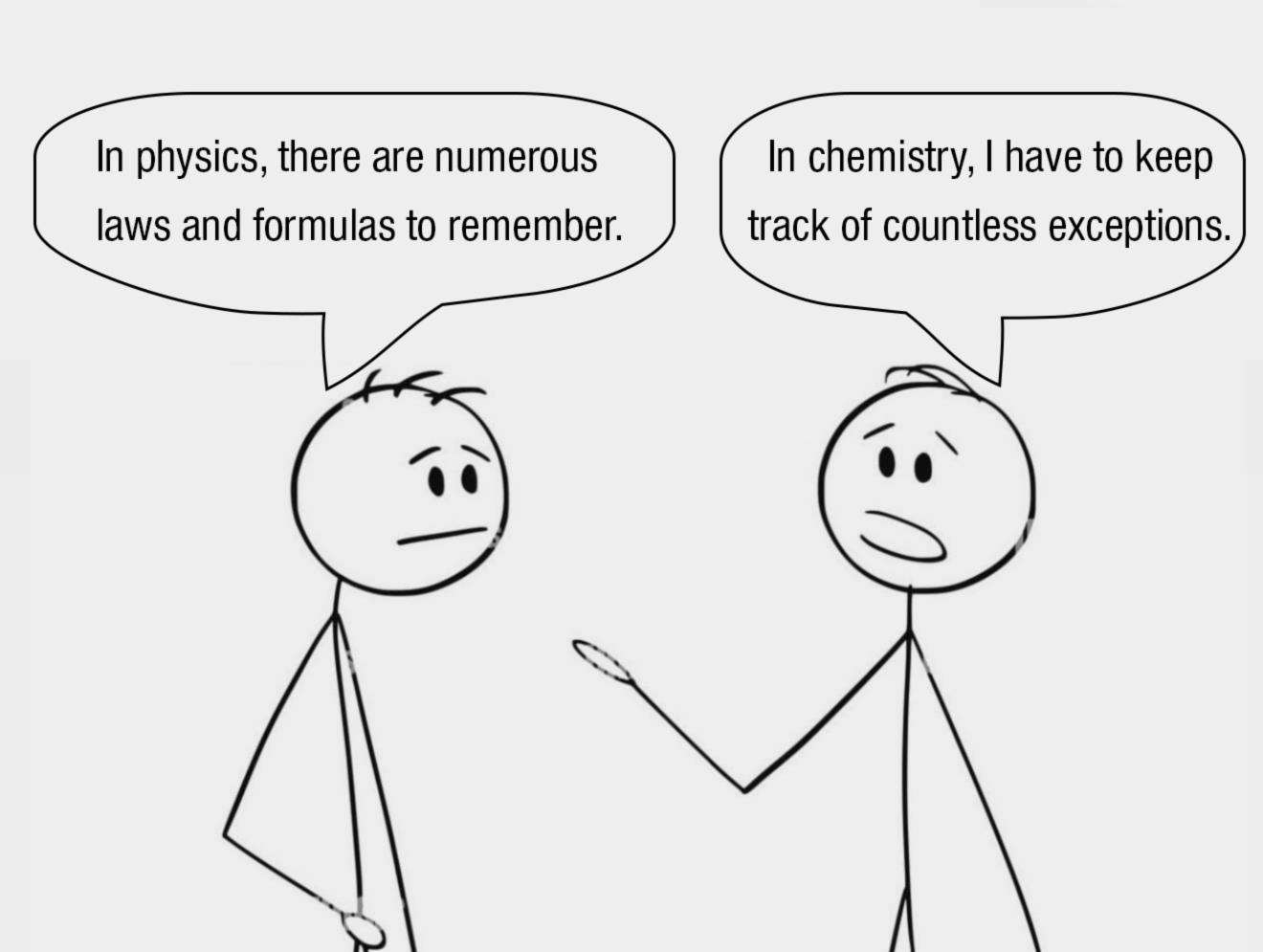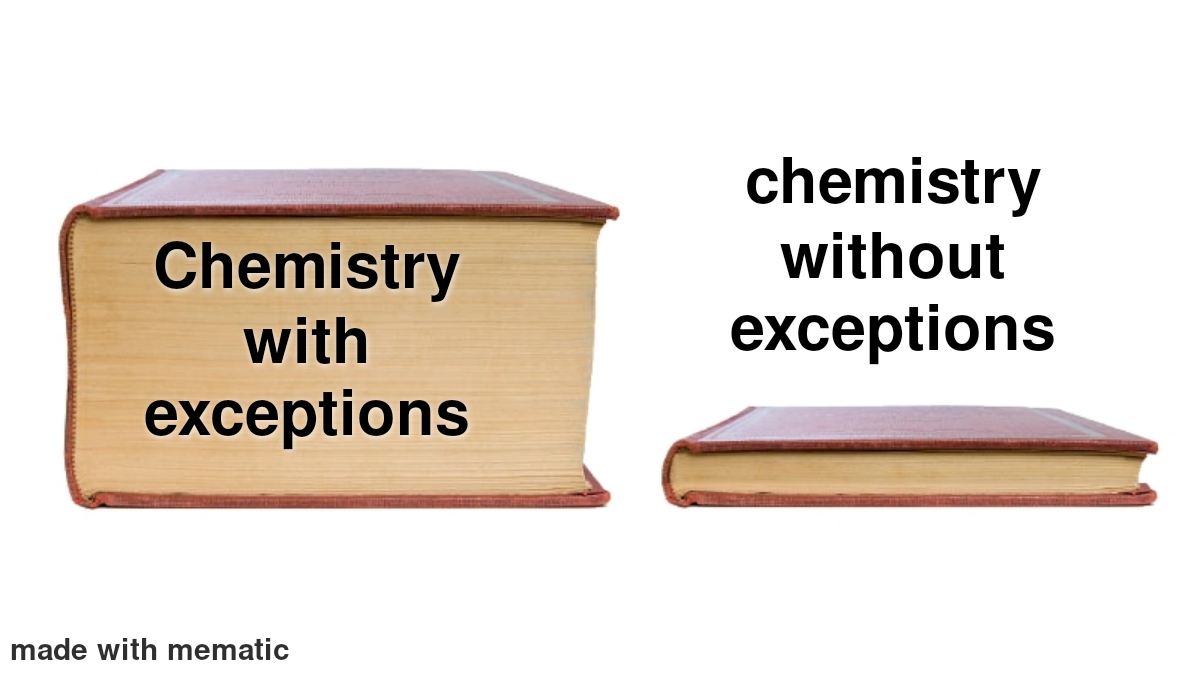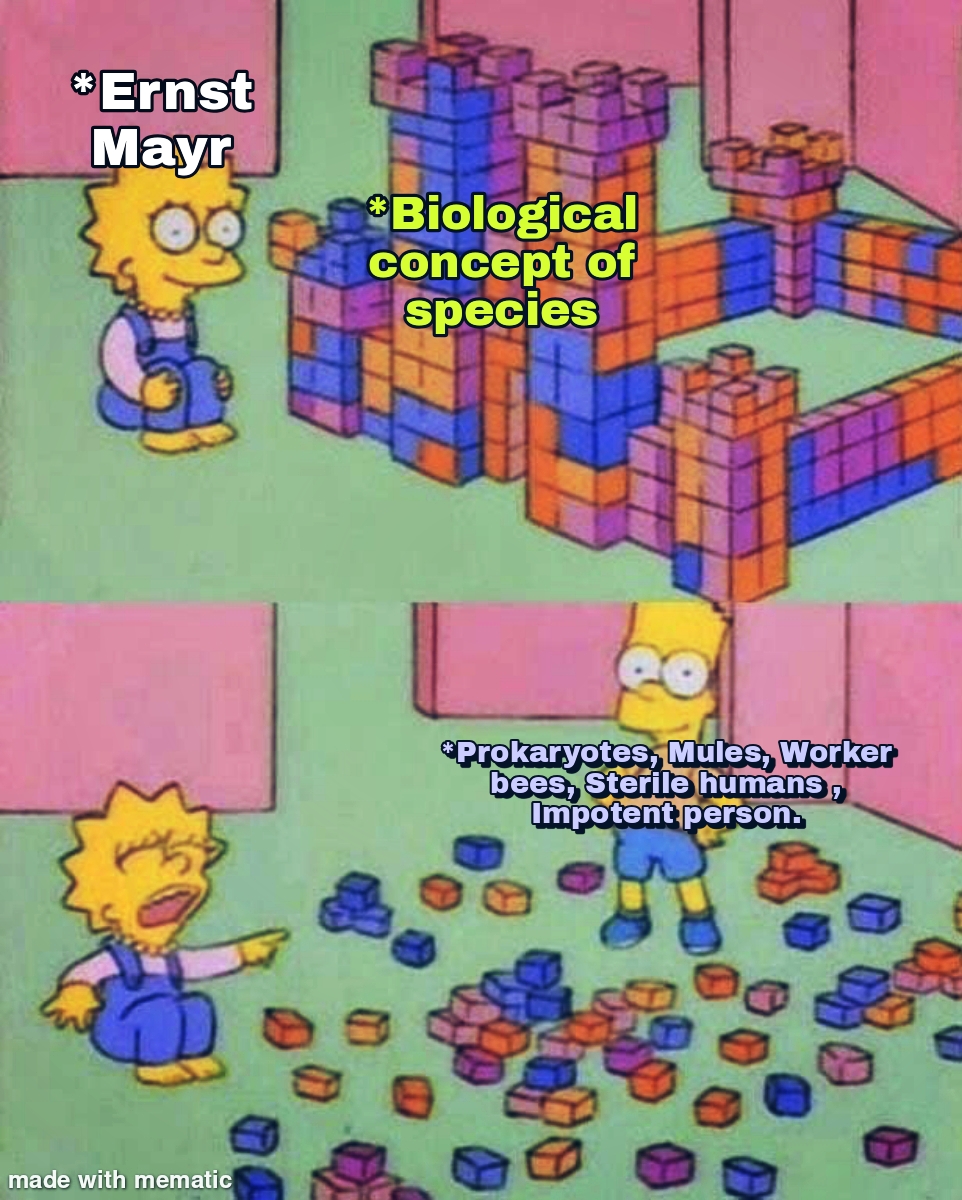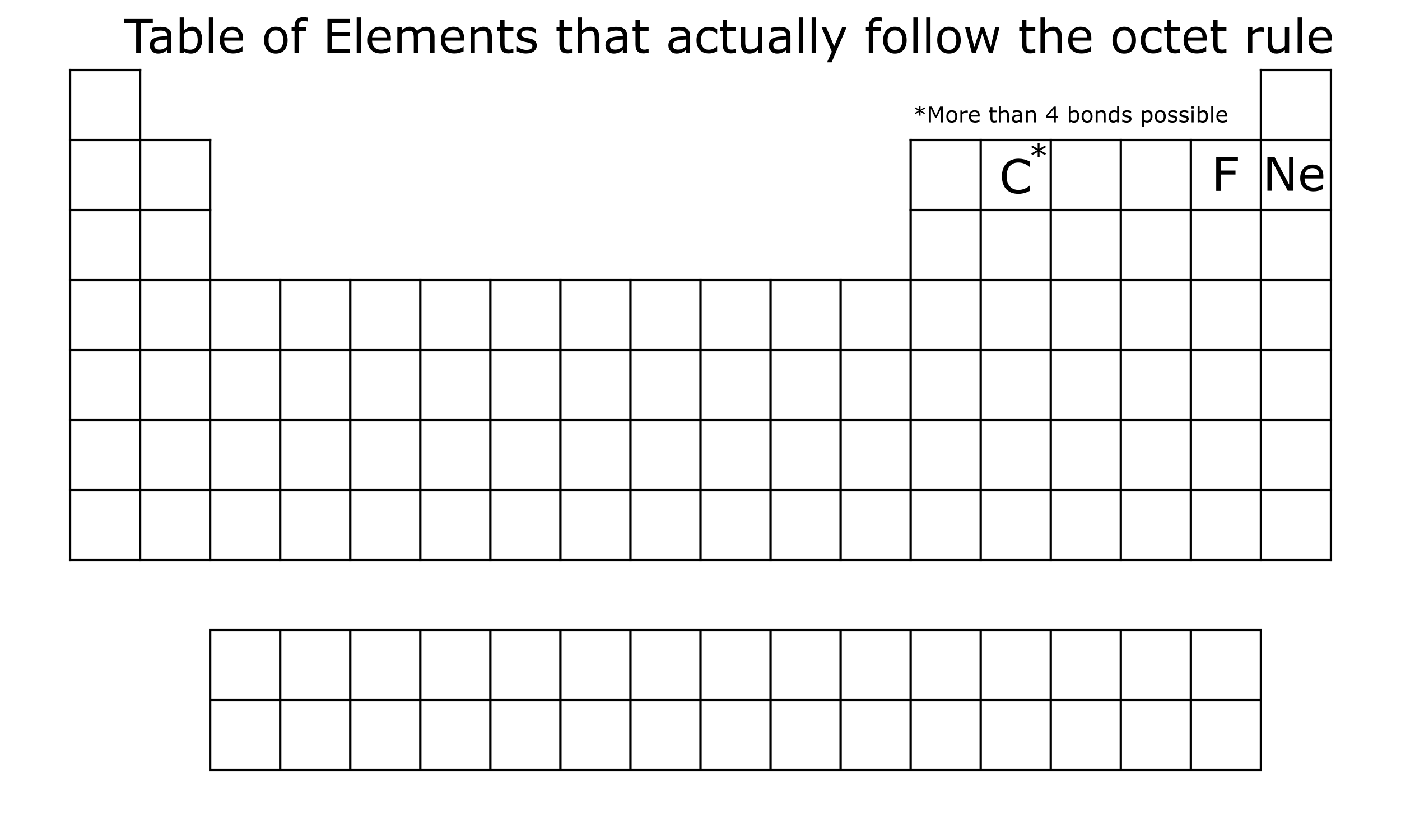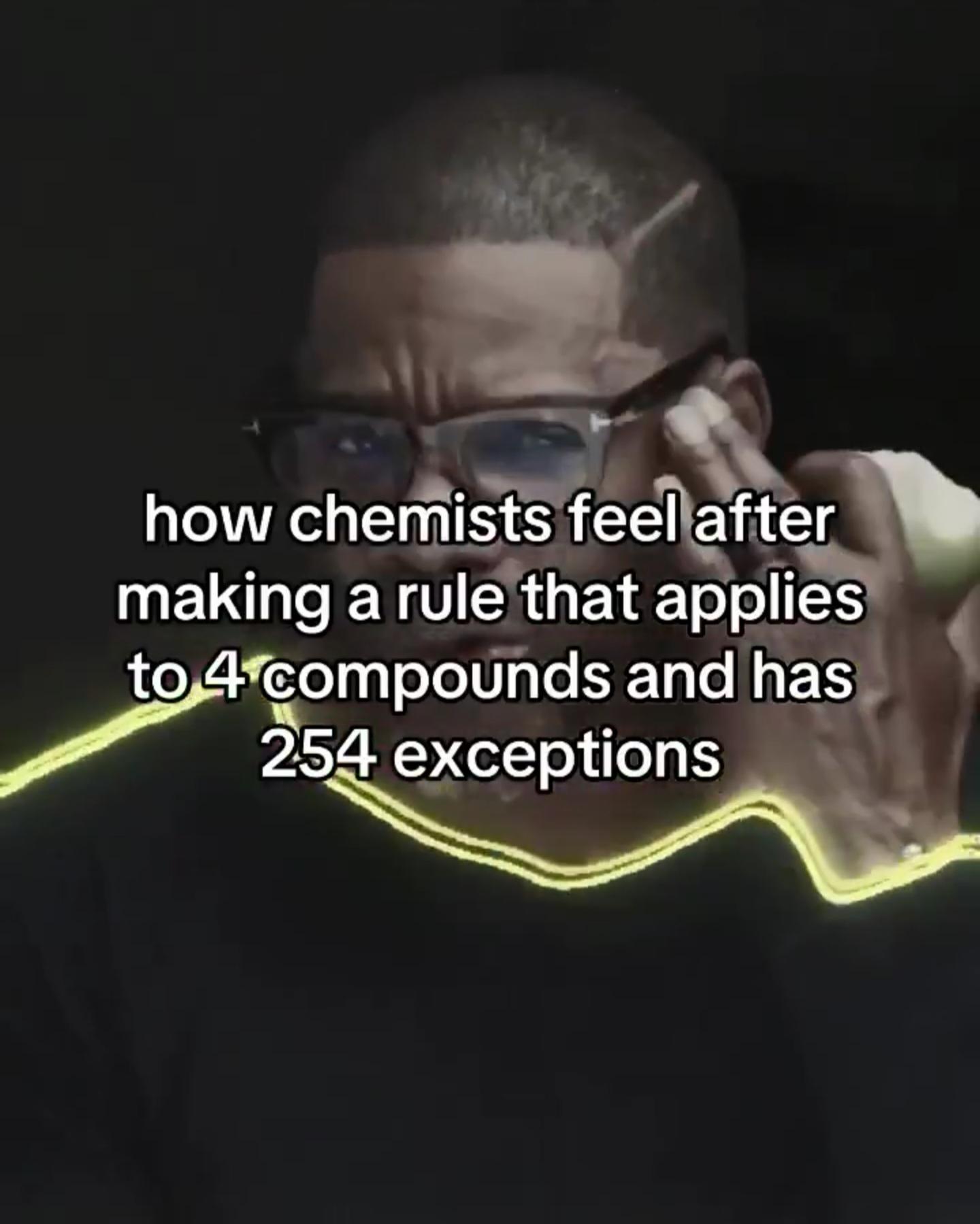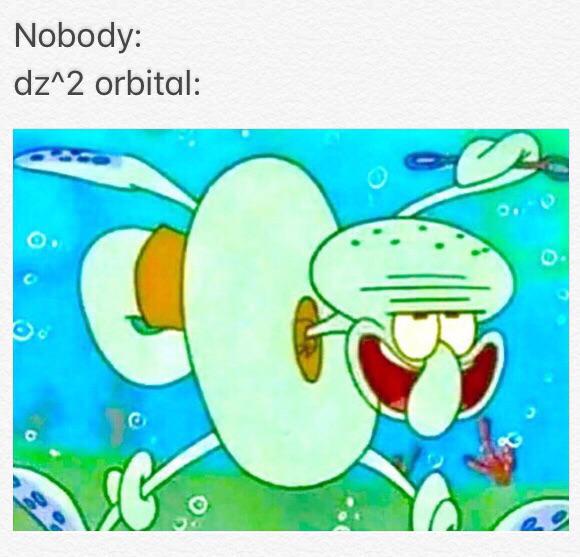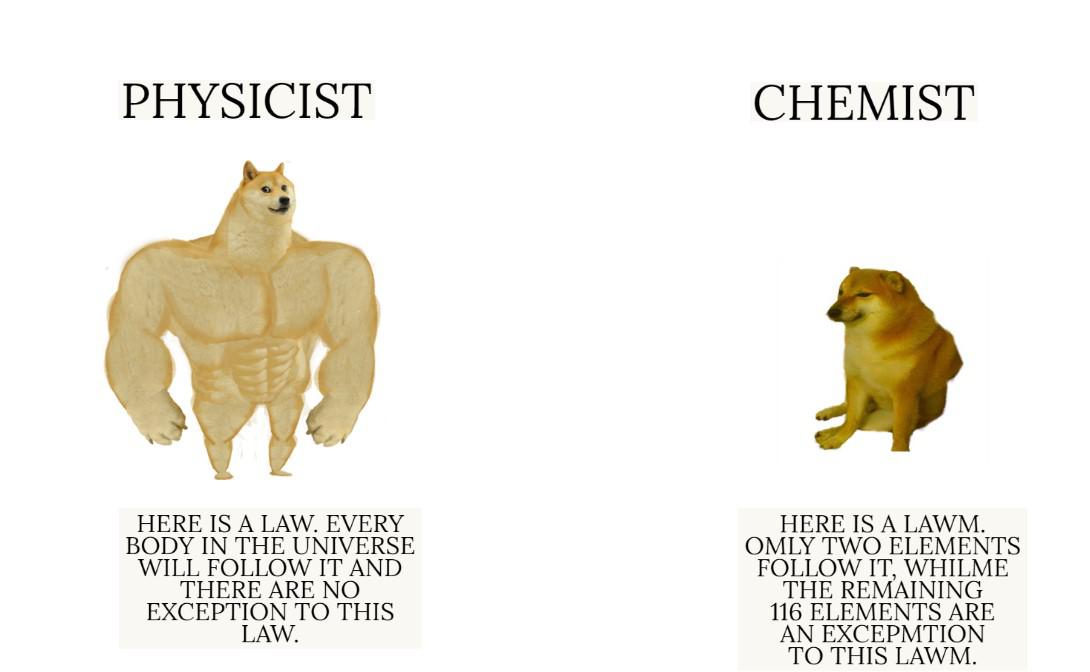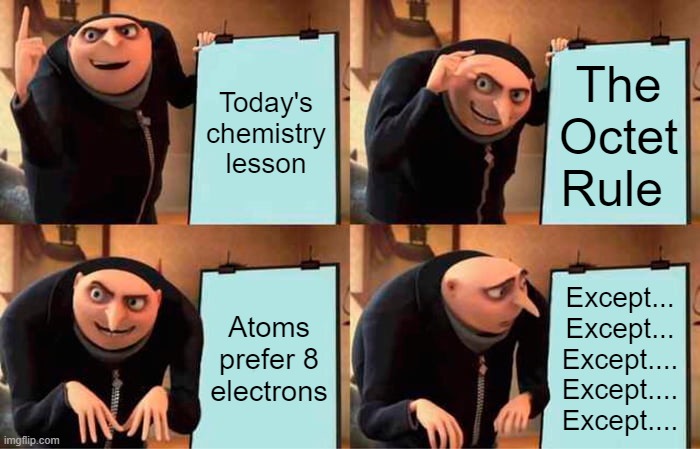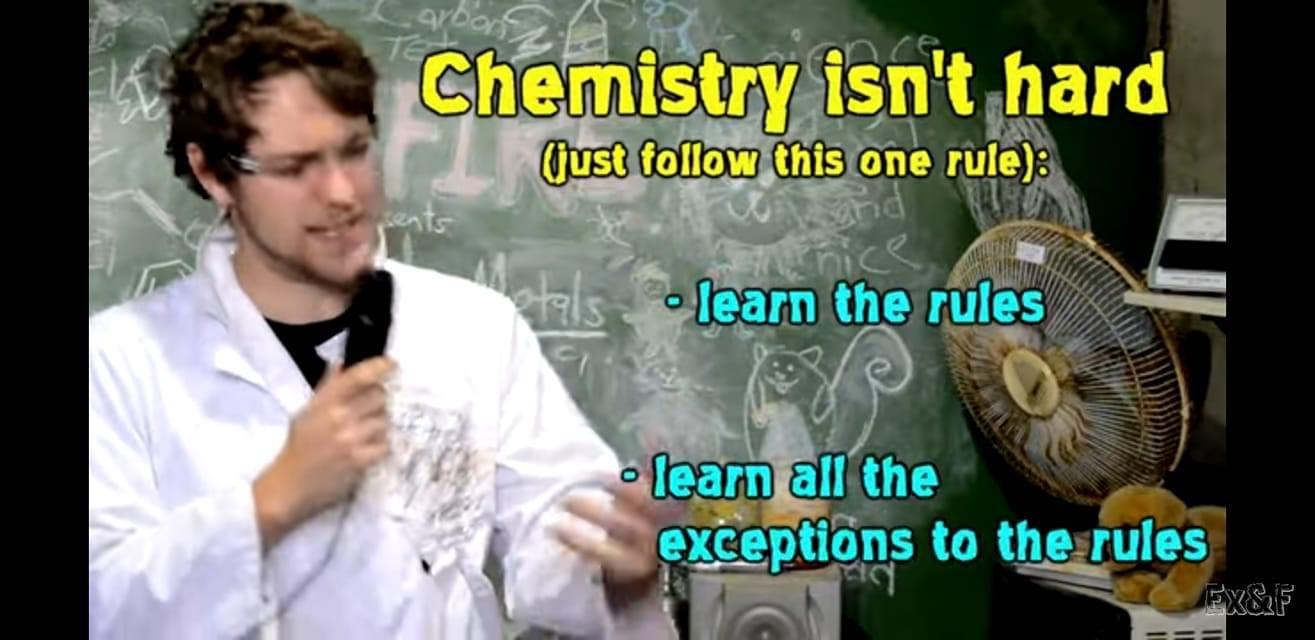The chess master plotting his next move is EXACTLY how chemistry teachers feel! First they teach you Dalton's model (wrong), then Thomson's plum pudding (wrong again), then Rutherford's model (nice try!), then Bohr's model (getting warmer...), before FINALLY revealing the quantum mechanical model—but wait! That has like 10 exceptions too! The red smoke background perfectly captures the internal screaming of every chem teacher thinking "I'm setting these kids up for academic betrayal, but it's the only way they'll understand!" Chemistry education is basically just "everything I told you was a lie, but a useful lie... now let me tell you a slightly less wrong lie!"


 Academia
Academia
 Ai
Ai
 Astronomy
Astronomy
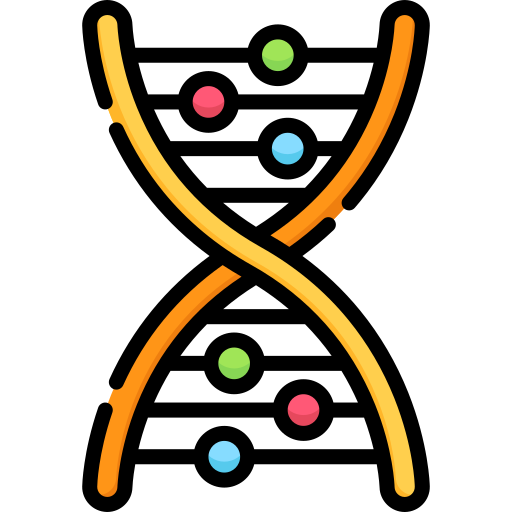 Biology
Biology
 Chemistry
Chemistry
 Climate
Climate
 Conspiracy
Conspiracy
 Earth-science
Earth-science
 Engineering
Engineering
 Evolution
Evolution
 Geology
Geology


